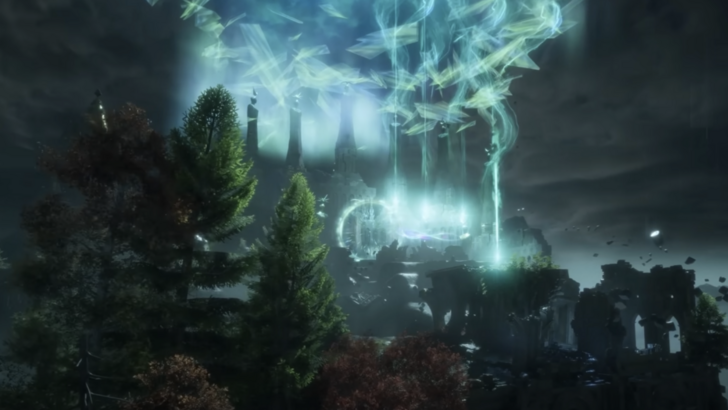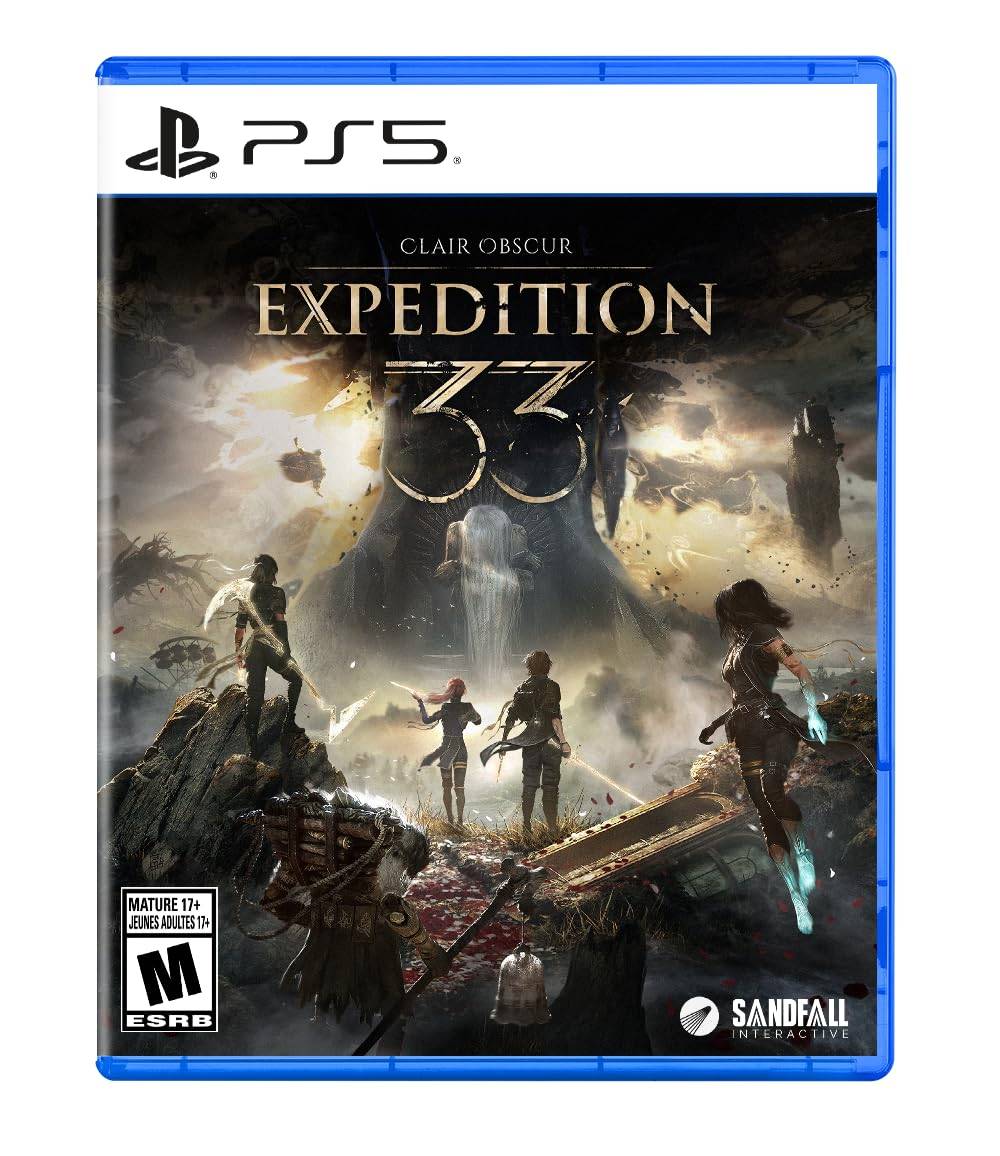Capcom is leveraging generative AI to streamline the creation of the vast number of design concepts required for its game environments. The company acknowledges the significant time and resources dedicated to generating "hundreds of thousands" of unique ideas for in-game assets.
As game development expenses escalate, the industry is increasingly exploring AI tools, despite ongoing controversies. Recent examples include reports of AI-generated content in Call of Duty and EA's declaration of AI as central to its operations.
In an interview with Google Cloud Japan, Capcom's technical director, Kazuki Abe (known for his work on titles like Monster Hunter: World and Exoprimal), detailed the company's AI experimentation. Abe highlighted the intensive process of creating unique designs, even for seemingly simple objects like televisions, requiring distinct logos and shapes. He stated that the creation of hundreds of thousands of ideas, including unused ones, is a common occurrence.
To address this efficiency challenge, Abe developed a system utilizing generative AI. This system processes game design documents and generates design proposals, significantly accelerating the process. The AI iteratively refines its output based on self-generated feedback.
This prototype, integrating multiple AI models such as Google Gemini Pro, Gemini Flash, and Imagen, has reportedly garnered positive internal feedback. Capcom anticipates that this AI implementation will result in substantial cost reductions and improved design quality compared to manual creation.
Currently, Capcom's AI integration is focused solely on this concept generation system. Other crucial aspects of game development, such as gameplay mechanics, programming, and character design, remain primarily under human control.















